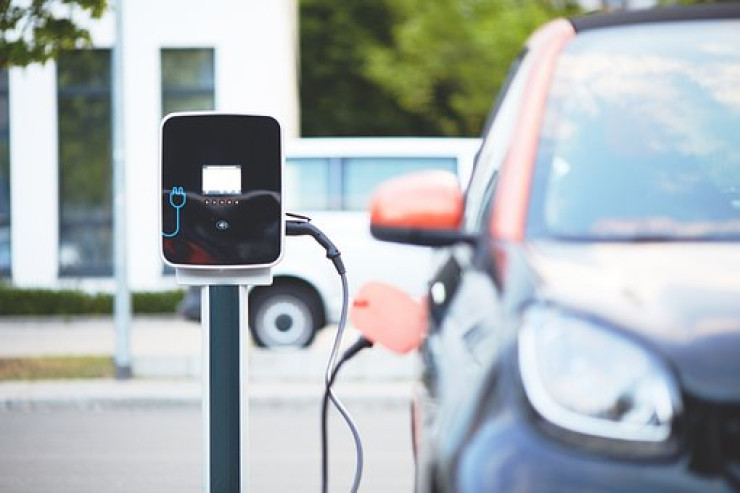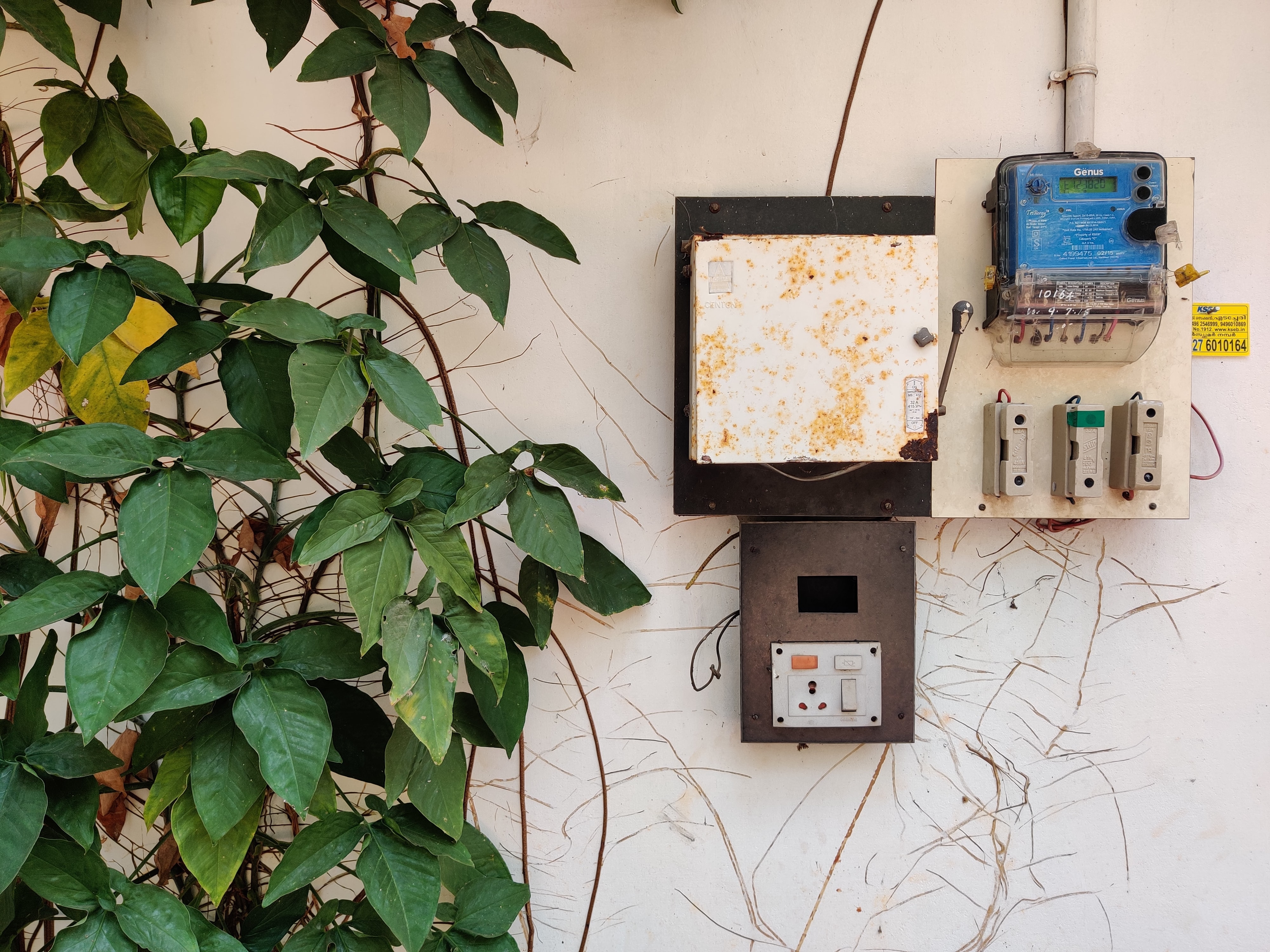Classic Car Restoration: A Labour of Love
Classic car restoration is a remarkable hobby and an art form that allows individuals to breathe new life into vintage...

Electric vehicles (EVs) have been making headlines for the past few years, and it's no secret that they are becoming more and more popular. With the increasing concern for the environment and the push towards sustainable transportation, many people are starting to question whether it's the right time to make the switch to an electric car. While EVs offer a range of benefits, there are also some challenges to consider. In this article, we'll take a closer look at the current state of EVs in India and help you determine if it's the right time for you to make the switch.
"The Pros of Going Electric: Why EVs are Becoming More Attractive."
There are several reasons why EVs are becoming more and more attractive. Firstly, they are more environmentally friendly than traditional gasoline-powered cars. EVs produce zero emissions, meaning they don't contribute to air pollution or greenhouse gas emissions. Secondly, they are more cost-effective in the long run. Although EVs may be more expensive to purchase initially, they are cheaper to operate and maintain compared to traditional vehicles. Furthermore, the cost of charging an EV is much lower than the cost of fueling a gasoline-powered car.
"Infrastructure: The Key to a Seamless EV Experience"

One of the biggest challenges facing the adoption of EVs in India is the lack of infrastructure. There is currently a shortage of charging stations across cities, and the residential charging network is still developing. This can make it difficult for EV owners to find a convenient place to charge their vehicles. However, the government and private companies are working to address this issue and make charging more accessible for EV owners.
"Limited Driving Range: Is It a Dealbreaker?"

Another challenge facing EV adoption in India is the limited driving range of many EVs. Most EVs in the affordable range currently offer a driving range of 200 km on average, which may not be sufficient for long-range driving. However, as the charging network evolves, this issue is likely to become less of a concern.
"The High Cost of Going Electric: Is It Worth It?"

EVs can be expensive compared to traditional vehicles. For example, the Tata Nexon EV starts at Rs 14 lakh, while the regular Nexon SUV is half the cost. If Maruti Suzuki launches the WagonR in an EV version, it is expected to cost over Rs 10 lakh, while the petrol model can be purchased for under Rs 5 lakh. However, the cost of running an EV over several years is expected to make up for the price difference.
"Final Thoughts: Is It Time to Make the Switch?"

In conclusion, there are several pros and cons to consider when deciding whether to switch to an electric car in India. While EVs offer a range of benefits, including reduced environmental impact and lower operating costs, there are also challenges such as the limited charging infrastructure and the high initial cost of purchasing an EV. Ultimately, the decision to switch to an electric car is a personal one that depends on individual circumstances and priorities. However, with the growing interest in sustainable transportation and the increasing availability of charging options, now may be the perfect time to make the switch to an electric car in India.
In conclusion, the electric revolution is well underway, and it's an exciting time to be a part of it. While there are certainly some challenges to consider, there are also many benefits to switching to an electric car. Whether you're an environmentally conscious individual, a budget-conscious driver, or simply someone looking for a change, an electric car may be the perfect choice for you.
Electric vehicles (EVs) are gaining popularity as a more environmentally friendly mode of transportation, and India is no exception. With the government pushing for a transition to clean energy, the demand for EVs is on the rise. But is now the right time to buy an electric car in India? This article explores the pros and cons of EVs in the country, so you can make an informed decision.
Comments your thoughts